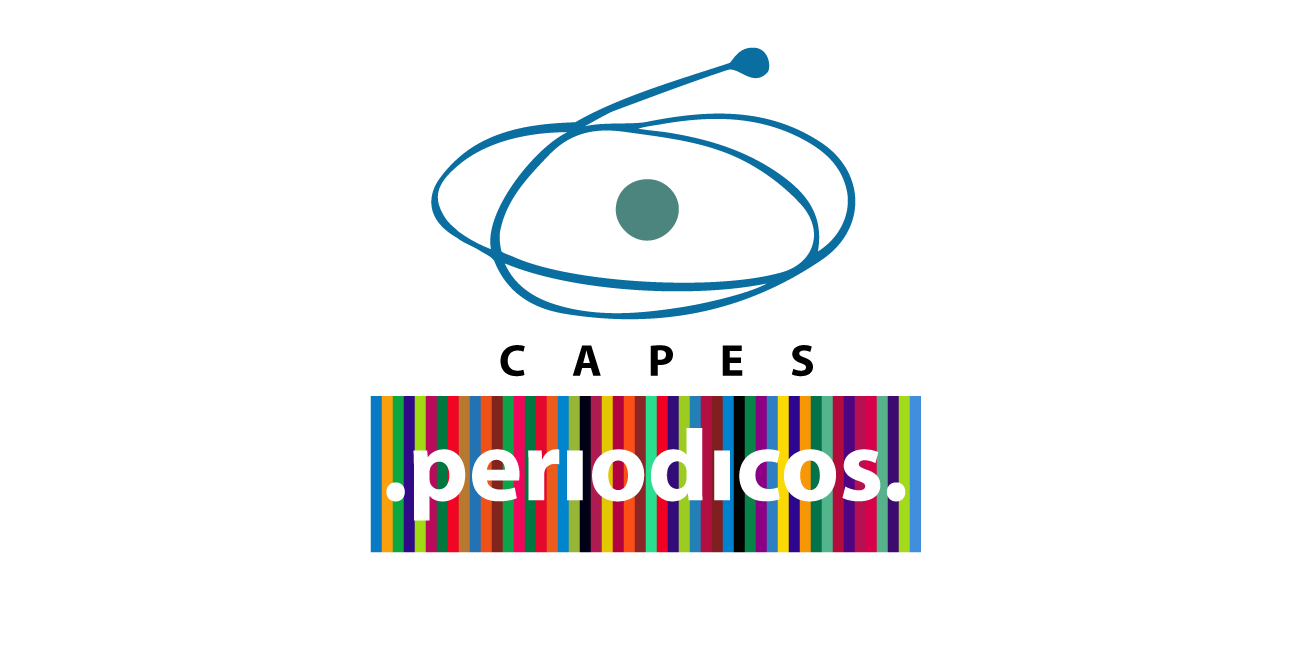Os Títulos de Crédito Eletrônicos e sua (In)Compatibilidade com os Princípios do Direito Cambial: Por uma Mudança de Paradigma frente aos Documentos Eletrônicos
Palabras clave:
Credit bonds, Principles of exchange law, Electronic documents, ParadigmResumen
Credit bonds originated in the Middle Ages. Although the institution underwent great transformation, legal exchange basis are still foregrounded on the laws and doctrines of the first decades of the last century. Current article discusses the compatibility between the principle of legal exchange and electronic documents which gradually are being introduced in business transactions. Does social evolution suggest a break from such a traditional manner in dealing with a centenarian commercial tool for the circulation of riches? So that such compatibility may be tested, an institute of credit bonds was conceived and its most relevant principles (charter, nominality and autonomy of exchange obligations), coupled to the most employed credit bonds, as its own credit bonds (bill of exchange, promissory note, checks and bills), were analyzed. Electronic documents, digital signature, principles on what is original and a copy of electronic documents were defined. The principles of Exchange law, traditionally related to the materialization of paper bonds and bills and electronic documents were compared. A change in the paradigms of approach to credit bills has been found necessary.Descargas
Publicado
2012-10-08
Cómo citar
Ricci, H. C., & Freitas, C. O. de A. (2012). Os Títulos de Crédito Eletrônicos e sua (In)Compatibilidade com os Princípios do Direito Cambial: Por uma Mudança de Paradigma frente aos Documentos Eletrônicos. Revista Jurídica Cesumar: Mestrado (Online), 12(2). Recuperado a partir de https://periodicos.unicesumar.edu.br/index.php/revjuridica/article/view/2456
Número
Sección
Doutrinas
Licencia
A Revista se reserva o direito de efetuar, nos originais, alterações de ordem normativa, ortográfica e gramatical, com o intuito de manter o padrão culto da língua, respeitando, porém, o estilo dos autores. As opiniões emitidas pelos autores são de sua exclusiva responsabilidade.
Os direitos autorais pertencem exclusivamente aos autores. Os direitos de licenciamento utilizado pelo periódico é a licença Commons Atribuição 4.0 Internacional. São permitidos o compartilhamento (cópia e distribuição do material em qualquer meio ou formato) e adaptação (remixar, transformar, e criar a partir do trabalho, mesmo para fins comerciais), desde que lhe atribuam o devido crédito pela criação original.












